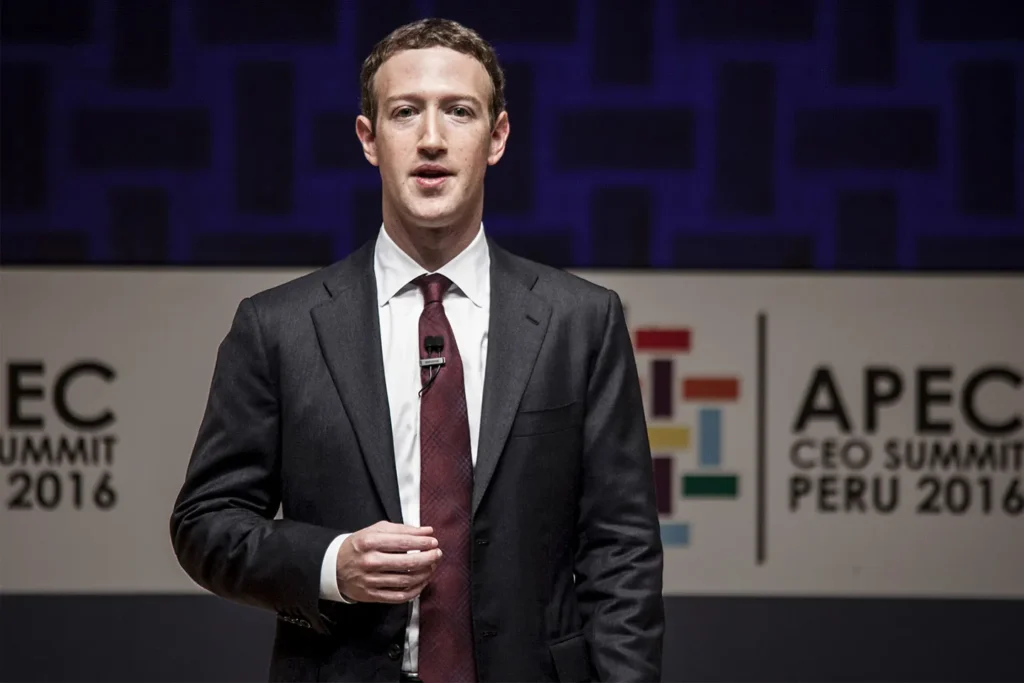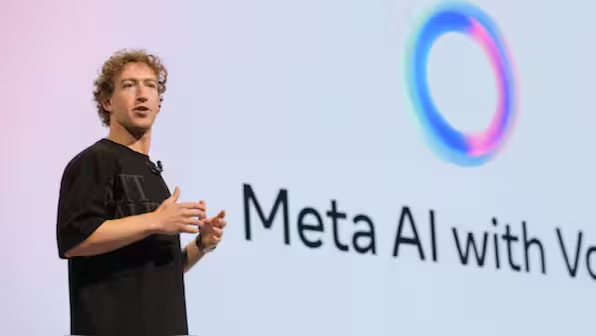A New Race for Tech Supremacy In the ever-evolving tech landscape, one thing remains constant: the race for dominance. This time, the finish line isn’t in social media, mobile apps, or even the metaverse. It’s artificial intelligence, and Mark Zuckerberg is betting big on it. Meta’s CEO has a new ambition, one that dwarfs previous endeavors: to lead the charge towards artificial superintelligence (ASI) — AI that surpasses humans at virtually all forms of knowledge work. It’s a lofty goal, wrapped in controversy and uncertainty, but Zuckerberg believes it’s a race worth running. And he’s prepared to spend billions to get there.
From Metaverse Setback to AI Ambition Zuckerberg’s mission comes on the heels of Meta’s less-than-stellar pivot to the metaverse, a move that failed to generate the transformative impact the company had hoped for. Now, with AI as the new frontier, Zuckerberg is redirecting Meta’s focus and resources. The strategy? Assemble the most elite, “talent-dense” team in the industry. His recruitment efforts have not just been ambitious — they’ve been aggressive. Reports suggest that Meta has offered some of the industry’s top minds pay packages worth hundreds of millions of dollars. OpenAI CEO Sam Altman even claimed Meta dangled $100 million signing bonuses to lure his employees away. Google’s CEO, Sundar Pichai, was asked directly about the AI talent war during a recent earnings call, signaling that Wall Street is also watching this battle closely.

Redemption Through AI Dominance But why such urgency? For Zuckerberg, AI represents not just a technological leap, but a chance for redemption. Meta lost the race to own mobile operating systems, watching Apple and Google secure that dominance. That loss continues to haunt Zuckerberg, who has openly criticized the fees and policies imposed by app store gatekeepers. This time, he wants Meta to own a foundational platform of the next tech era. By creating an AI that becomes essential to other businesses, he could position Meta as a central force in the emerging AI economy. One such move was partnering with Amazon Web Services to support startups building on Meta’s Llama AI model — an attempt to make Meta’s tools indispensable to the new wave of AI entrepreneurs.
Superintelligence Lab: A Billion-Dollar Bet Zuckerberg’s efforts go beyond partnerships. Last month, Meta invested $14.3 billion in data labeling startup Scale AI. As part of the deal, Scale’s founder and CEO Alexandr Wang joined Meta, bringing along top talent from his team. Wang now co-leads the newly formed Meta Superintelligence Lab, alongside Nat Friedman, former CEO of GitHub. This team is tasked with the enormous challenge of building AI that can outperform humans in knowledge work. “My job is to make amazing AI products that billions of people love to use,” Friedman wrote recently. He added that while success won’t come overnight, the early signs are promising.

The Talent War: Stealing from Rivals Meta’s talent acquisitions don’t stop there. In recent weeks, the company has poached engineers and researchers from OpenAI, Apple, Google, and Anthropic. It’s a hiring spree that has intensified the AI talent war, and while Zuckerberg has pushed back on some of the reported compensation figures, the scale of Meta’s investment is undeniable. All this spending and recruitment is not just for show. Meta has already invested billions in data centers and custom chips to power its AI ambitions. However, unlike rivals such as Amazon and Google, Meta lacks a cloud computing business to immediately monetize these investments, adding financial pressure to its bold AI gamble.
Investor Concerns and Market Response Analysts are split on what this means for Meta’s core business. While AI has enhanced Meta’s advertising capabilities, the link between superintelligence and ad revenue remains unclear. Minda Smiley, a senior analyst at Emarketer, expects Meta executives to face tough questions during upcoming earnings calls. How, investors will ask, does pursuing superintelligence fit into Meta’s broader business roadmap? For now, the company’s stock has climbed 20% since the start of the year, suggesting that investors are cautiously optimistic or at least willing to give Zuckerberg the benefit of the doubt.
A Personal Quest for Legacy Not everyone sees this as a purely business-driven move. AI consultant Zack Kass, formerly of OpenAI, sees Zuckerberg’s AI ambitions as deeply personal. According to Kass, Zuckerberg may view superintelligence as a way to leave a lasting legacy beyond social media. “If he can build superintelligence that cures cancer,” Kass said, “he doesn’t have to talk about Facebook groups anymore as being his lasting legacy.” This view positions Zuckerberg as a tech visionary striving to shape the next era of human advancement — for better or worse.
A Lesson for the Next Generation So what can young people learn from Zuckerberg’s audacious pivot? First, that failure is not the end but often a detour to something greater. After the metaverse misfire, Zuckerberg didn’t retreat; he recalibrated. Second, investing in people is key. His willingness to build a world-class team underscores the value of surrounding oneself with the best. Finally, big visions require big risks. Whether or not Meta succeeds, Zuckerberg’s pursuit of AI superintelligence is a testament to dreaming boldly and acting decisively. For the youth watching this unfold, it’s a reminder: the future belongs to those who dare to build it.
















